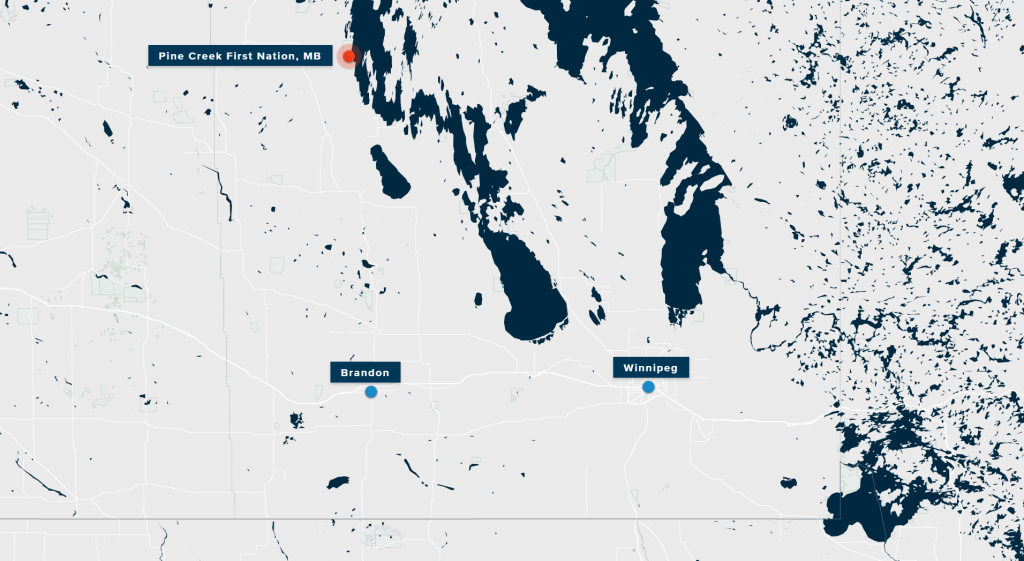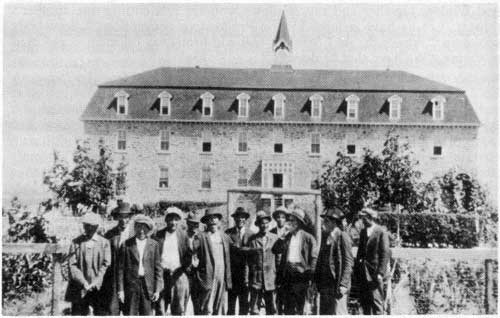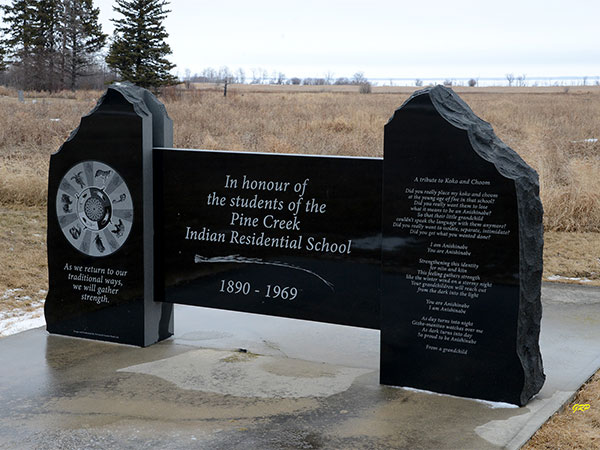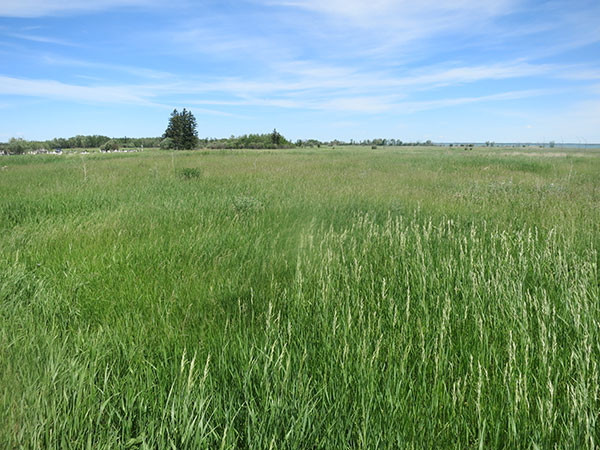Manitoba First Nation beginning search for unmarked graves

Posted July 25, 2023 4:49 pm.
Last Updated July 25, 2023 6:39 pm.
Minegoziibe Anishinabe – also known as Pine Creek First Nation – is beginning an archaeological excavation of 14 possible locations of unmarked graves under a Catholic Church near a former residential school.

Map of Pine Creek. (Photo Credit: CityNews)
More than a dozen First Nation communities across Canada have conducted ground searches since the discovery of 215 anomalies in Kamloops in 2021, but Chief Derek Nepinak of Pine Creek believes his community is one of the first across the country to begin excavating.
“It’s very important for us as a community, because the stories of our elders are vindicated by identifying the truth of what happened in our community,” said Nepinak.
“There’s a dark history of what happened to us as Indigenous People in the residential school system, and that history cannot be denied.”

Photo of Pine Creek residential school. (Photo Credit: Manitoba Historical Society)
The First Nation, northwest of Winnipeg, is working with archaeologists and scientists from Brandon University to conduct the search – a process that is expected to take a month.
Chief Nepinak says, since last year, they have found 71 anomalies in the community through ground penetrating radar, but Nepinak says this excavation is focusing on the 14 anomalies underneath the church.
“It became the mandate of us as leaders from the community and elders, residential schools survivors to undertake a process to identify what those reflections might be, including the possibility that those reflections might be human remains from days gone by.”
The Pine Creek school was run by the Catholic Church from 1890 to 1969. The National Centre for Truth and Reconciliation has a record identifying 21 deaths at the school during that time.

Monument in honour of Residential School students in Pine Creek. (Photo Credit: Manitoba Historical Society.)
“It’s been a long time since the residential schools and our people that went missing were lost in that process. It’s time to bring them home. It’s time to bring home their spirits,” said Grand Chief Cathy Merrick, Assembly of Manitoba Chiefs.
An estimated 150,000 Indigenous children were forced to attend residential schools over a century in Canada. The Truth and Reconciliation Commission estimated in its report that about 6,000 Indigenous children died while at these federally funded schools.
Chief Nepinak hopes regardless of the outcome, the search brings some healing to the community.



“We are prepared for either scenario. We are prepared as a community if there are human remains buried at the reflections under the church, but we are also prepared if there isn’t any.”
Grand Chief Merrick adds: “It’s always the healing of our nations that once they do the work, that healing will start.”








